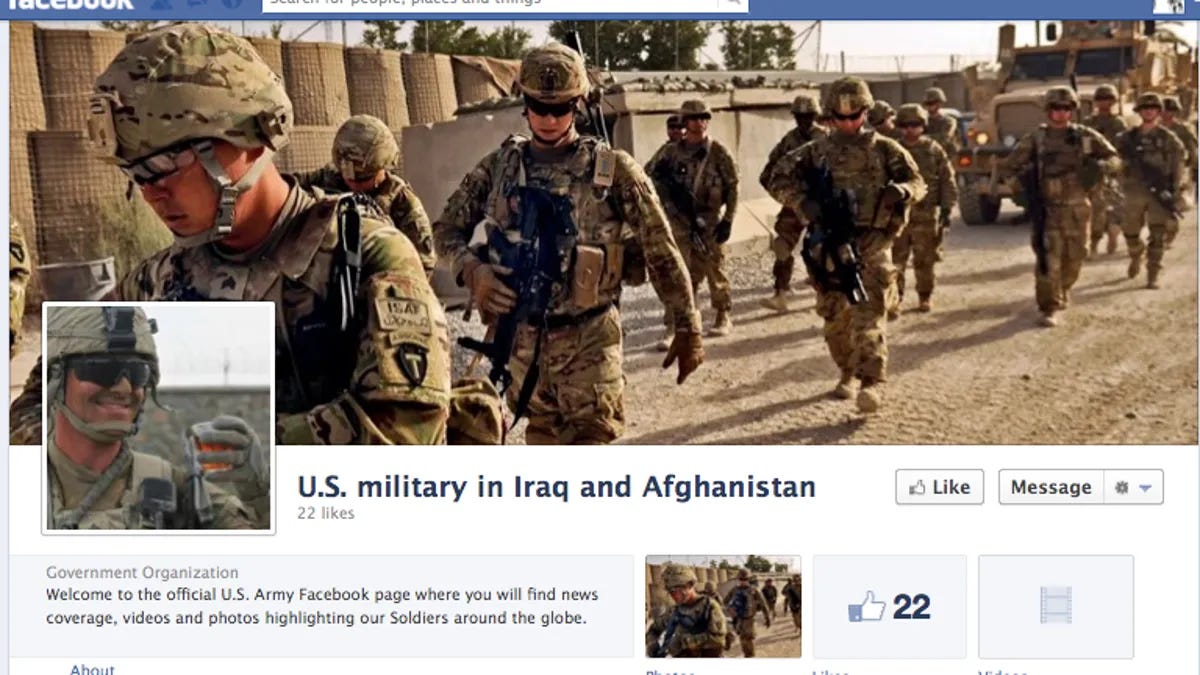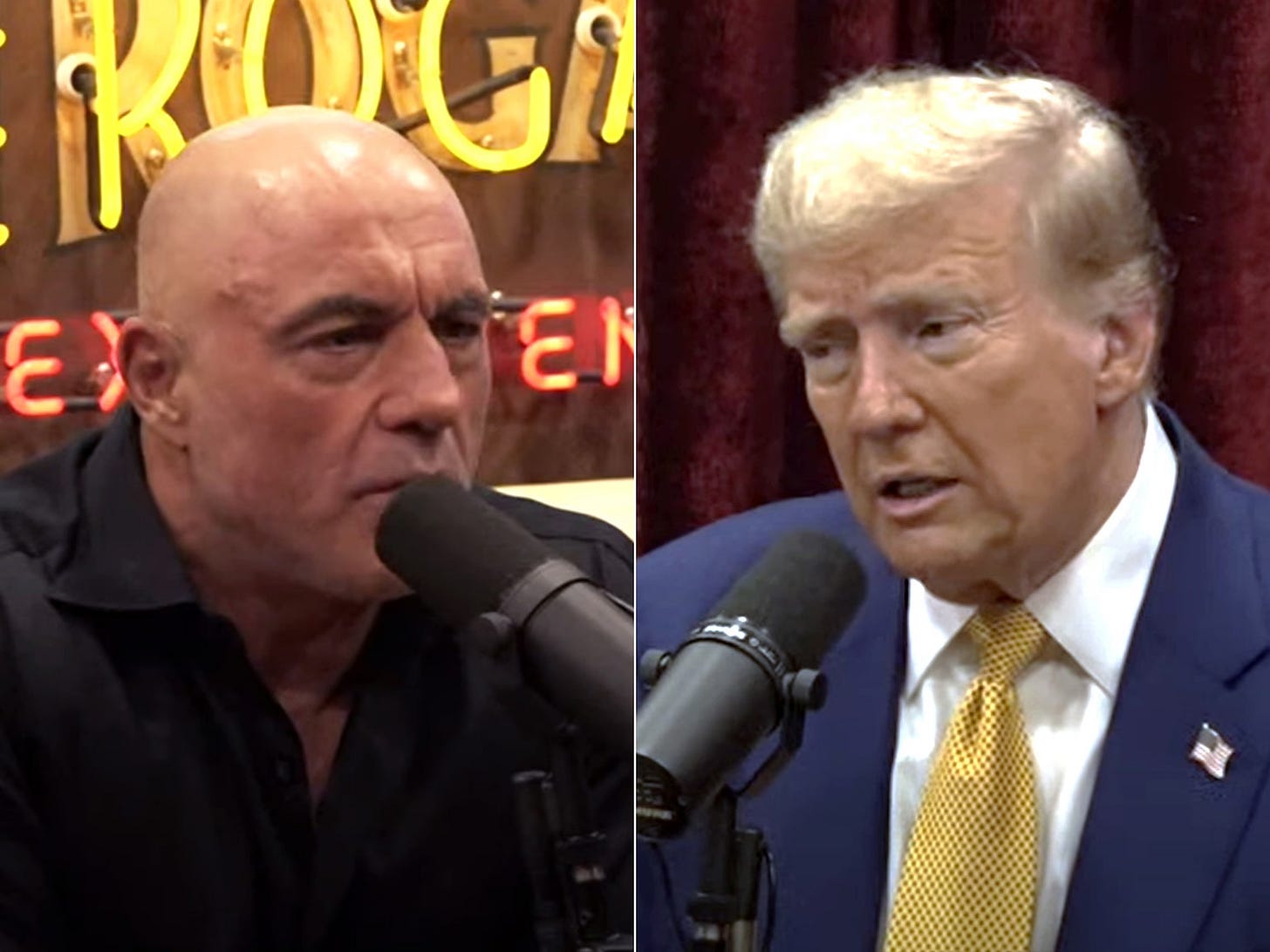The Greatest Marketing Never Spoken Of..
Inside the modern machinery of control—where genocide is rebranded, injustice is aesthetic, and truth is just another algorithm.
The Age of Manufactured Truth
In a world oversaturated with information, truth has become negotiable. From headlines to hashtags, state addresses to influencer reels, the art of persuasion has evolved into a powerful weapon of control. At the heart of this manipulation lies an old playbook: propaganda. As we move deeper into 2025, propaganda isn't confined to authoritarian regimes or war-era posters. It is global. It is digital. And it is devastatingly effective.
This isn’t a lecture. This is a story. A reflection. A hard look at how the world we live in is being shaped—not just by those in power, but by the stories they tell, the symbols they use, and the emotions they trigger. And more importantly, how we, the audience, often willingly fall for it.
The aim of this article isn’t to spark panic, but to pull back the curtain. Propaganda thrives on invisibility. The less we recognise it, the more it works. It worms its way into our everyday language, entertainment, politics, and even our personal values—until we can’t quite separate fact from fiction, reality from rhetoric.
The Bandwagon Mirage
They tell us that “everyone agrees.” That the polls are unanimous. That this policy, this decision, this war, is what the majority supports. We don’t question where those numbers came from, or whether the support is real—we just follow.
This is the Bandwagon technique. And in 2025, it’s on steroids. It's driven by algorithms that prioritise engagement over accuracy, by influencer endorsements engineered to look authentic, and by bot armies that flood comment sections to create the illusion of consensus.
When public approval is faked and broadcast widely, it creates real silence. Real self-doubt. “If everyone else supports this, maybe I’m wrong.” That thought, that hesitation, is enough to derail protest before it starts.
Testimonials in the Age of Influence
Gone are the days when celebrity endorsements only sold toothpaste. Today, they're used to justify policy.
A popular YouTuber praises a government’s approach to border control—without ever reading the law. A wellness guru talks about “freedom from fear” while unknowingly promoting surveillance software. It's not that these voices are evil. They're just convenient. Relatable. Believable.
This is the power of the Testimonial. It builds trust by association. And in 2025, the association is para-social—we feel we know these influencers. We trust them. And so, when they talk about economics or war, we listen. Not because they’re experts, but because they feel like friends.
The Emotional Hijack of Symbols
Then there’s the Transfer method—the art of wrapping dangerous ideas in emotional flags. A regime known for human rights violations sponsors the national football team. An oil company launches a campaign about “preserving tradition.”
These aren't coincidences. They’re calculated. Transfer is about hijacking your feelings—pride, nostalgia, fear—and attaching them to policies you’d otherwise reject. When a political campaign uses your childhood anthem or flashes images of your hometown, it makes it feel personal.
But feelings aren’t facts. And when they're manipulated, we're more likely to ignore atrocities happening behind the curtain. Ethnic cleansing? “Cultural unity.” Forced assimilation? “National preservation.”
Glittering Words, Hollow Promises
“Resilience.” “Innovation.” “Patriotism.” These are glittering generalities—words that shine on the surface but say nothing concrete. In 2025, they’re everywhere.
A government may push through austerity measures under the banner of “economic revival.” A tech company might unveil an invasive data policy called a “citizen empowerment program.”
The vaguer the word, the easier it is to manipulate. Glittering language gives us comfort without clarity. And that’s the point—it lets people in power sound like they’re doing something meaningful while they do the opposite.
Plain Folks, Big Lies
They dress like us. Eat the same hawker food. Snap photos on public transport. The Prime Minister does a livestream from his garden, talking about how he “understands the common man.”
But he doesn’t. Not really.
This is Plain Folks propaganda. The optics of normality used to shield privilege. In 2025, even billionaires talk about growing up poor. Politicians wear sneakers and film TikToks with their children.
It’s performative relatability. It humanises power and makes critique feel like betrayal. After all, he’s just like us… right?
Card Stacking: Building Towers on Lies
Selective truth is one of the most dangerous tools in the arsenal. This is Card Stacking—the act of showing only one side of the story.
A military campaign is labelled a “precision strike,” with no mention of the children killed. An economic report trumpets low unemployment, but quietly ignores rising food prices and record homelessness.
You’re not being lied to. You’re just not being told everything. And in propaganda, omission is as effective as deception.
The Name-Calling Game
Dissenters are labelled “traitors.” Activists are “terrorists.” Journalists are “agents of foreign influence.”
This tactic is designed to shut down dialogue. To isolate voices that challenge the dominant narrative. Once someone is named, they’re no longer seen as human—they become a threat.
In 2025, name-calling is systemic. It’s legal language. It’s media framing. It’s AI-generated headlines that turn whistleblowers into criminals overnight.
Fear Is the Most Reliable Tool
Fear is universal. It’s also incredibly useful.
A public health emergency justifies surveillance. A foreign cyberattack justifies censorship. Rising crime statistics—often exaggerated or fabricated—justify curfews, facial recognition, even curtailing elections.
Fear narrows our vision. It makes us crave safety more than freedom. In that moment of panic, we accept policies we’ll regret forever.
And governments know it. That’s why fear is sustained, not solved. It’s repeated, recycled, and rebranded as vigilance.
Repetition Is the Root of Belief
Repetition is what turns fiction into reality.
“Enemy of the people.” “Illegal invaders.” “Woke threat.” Say it often enough, and it becomes common sense—even if it started as a fringe lie.
In the age of content saturation, repetition isn't accidental—it’s algorithmic. The most repeated phrases are the ones designed to be simple, sticky, and scary.
We hear them from every direction, until we can no longer remember when we first believed them.
Euphemisms: The Language of Soft Cruelty
Nobody bombs a village anymore. They engage in “surgical operations.” No one tortures prisoners—they conduct “enhanced interrogations.”
Euphemisms sanitise horror. They allow decision-makers to sleep at night and citizens to look away. In corporate settings, layoffs become “streamlining.” In war zones, genocide becomes “strategic relocation.”
When we lose the words for suffering, we lose the ability to oppose it.
The Loaded Language Trap
Loaded language ends conversations before they begin. It pre-polarises the argument.
Call someone “radical,” and their viewpoint is discredited. Say something is “anti-family,” and no one will want to be seen supporting it. Words are chosen for impact, not accuracy.
These phrases are repeated across media, schools, workplaces—until people stop thinking critically and start echoing slogans.
The Rise of AI Propaganda
You have to click on this video!! This is comedy gold! - I recommend everyone watching this!
And now, we enter a terrifying new frontier.
Artificial Intelligence has taken propaganda to a level humans alone couldn’t reach. AI writes emotionally compelling messages, targets individuals with precision, and creates synthetic media indistinguishable from reality.
It can mimic any voice, forge video footage, and simulate online movements. It learns what makes you click, what makes you cry, and what makes you comply.
This isn’t science fiction. It’s already happening. Deepfakes, AI bots, mass disinformation—all of it. Propaganda no longer needs an army. It just needs access to code.
And worst of all? It never sleeps.
What’s Left of Us?
This is the world we now live in—where homicide is called security, genocide is renamed preservation, and inequality is explained away as economic strategy.
It’s a world where race, gender, and class are manipulated to divide us. Where storytelling is weaponised. Where truth isn’t destroyed—it’s drowned in 10,000 versions of itself.
We are not powerless. But we are surrounded.
To resist, we must first recognise. To see the strings that pull at our emotions, our opinions, our votes. We must ask hard questions and demand better language. We must protect nuance, guard complexity, and listen—especially when it's uncomfortable.
Because propaganda doesn’t just change the way we vote. It changes the way we see each other.
And in this battle for reality, the fight isn’t between left and right. It’s between control and clarity. Between fear and freedom.
And freedom starts with waking up.
Watch your propaganda well.. or at the very least, know the truth..
For 84 Musing,
RV










